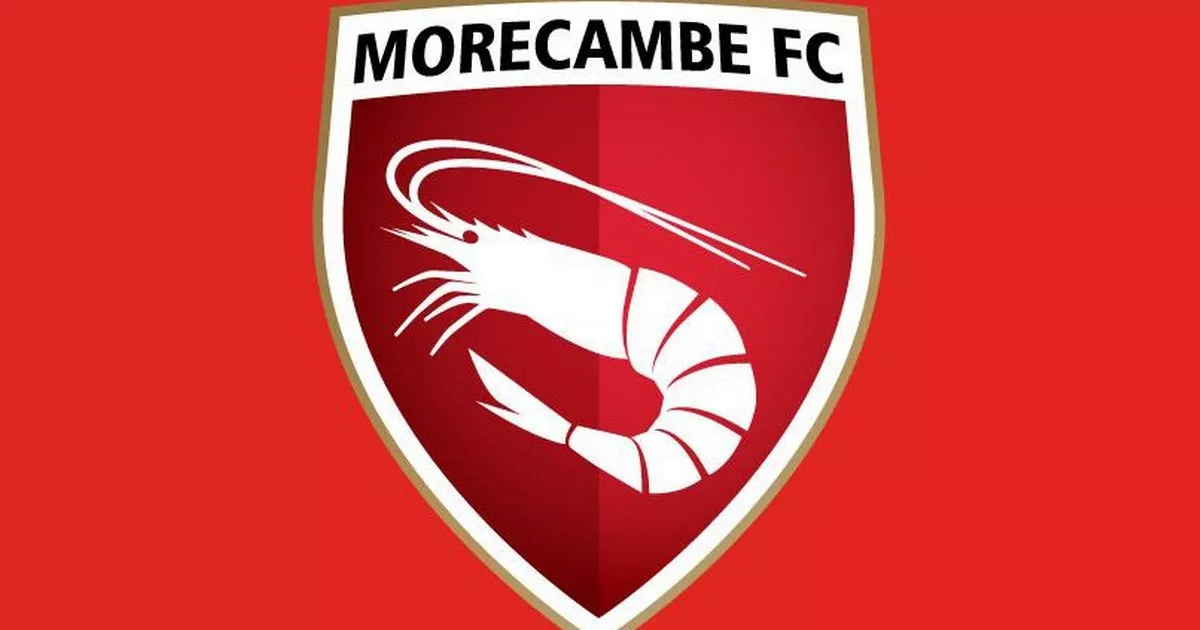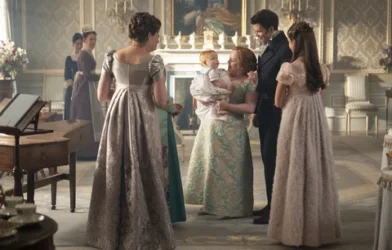Introduction
Morecambe Football Club, also known as the Shrimps, is a professional football team based in Morecambe, Lancashire, England. Though not one of the giants in English football, the club has a rich history, passionate fan base, and a strong sense of identity. From its humble beginnings to its rise through the football league system, Morecambe FC has proven to be a resilient and hardworking club that continues to defy expectations.
Founding and Early Years
Morecambe FC was founded in 1920 and became a member of the Lancashire Combination League. In its early years, the club played at Woodhill Lane before moving to Christie Park in 1921. For decades, Morecambe remained a non-league club, participating in various lower-tier competitions and slowly building a local following.
Despite financial struggles and limited resources, the club remained competitive. It gained a reputation for its fighting spirit and connection to the community. Christie Park became a place where fans could experience grassroots football at its best.
Non-League Success and FA Trophy Victory
Morecambe’s biggest achievement during its non-league days came in 1974 when the team won the FA Trophy, one of the most prestigious competitions for non-league clubs. This victory marked a significant milestone and brought national attention to the club.
Over the years, Morecambe consistently performed well in the Conference (now known as the National League), and the dream of becoming a Football League club became a realistic goal.
Promotion to the Football League
In 2007, Morecambe achieved what many thought was impossible. After years of effort and perseverance, they secured promotion to the Football League for the first time in their history. They won the Conference National play-off final at Wembley Stadium, defeating Exeter City.
This historic win marked a new era for the club. It meant new challenges, larger crowds, and higher standards. The Shrimps embraced their new status and worked hard to establish themselves in League Two, the fourth tier of English football.
The Move to the Mazuma Stadium
One of the key developments in the club’s modern history was the move from Christie Park to a new home. In 2010, Morecambe FC opened the Globe Arena, now known as the Mazuma Stadium due to sponsorship. This modern facility not only provided better amenities for fans but also signaled the club’s long-term ambitions.
The Mazuma Stadium has a capacity of over 6,000 and continues to host passionate crowds who support their team through highs and lows. The stadium has become a symbol of progress and pride for the club and its supporters.
Recent Success and Championship Challenges
In the 2020–21 season, Morecambe achieved one of the most remarkable feats in its history. Under the management of Derek Adams, the team finished in the League Two play-offs and secured promotion to League One for the first time ever. This was an incredible achievement for a club of Morecambe’s size and resources.
Competing in League One was a major challenge, with matches against much larger and better-funded clubs. Despite the odds, Morecambe showed determination and competed with heart. Although staying in League One proved difficult, the experience raised the club’s profile and attracted new fans and attention.
Community and Club Culture
Morecambe FC is more than just a football team. It plays a vital role in the local community, offering programs for youth development, education, and outreach. The club’s foundation works with schools and families, promoting health, education, and inclusion.
Fans of Morecambe are known for their loyalty and passion. The club has a tight-knit, family-oriented atmosphere that reflects the spirit of the town itself. Whether in good times or bad, the supporters remain dedicated to the team.
Famous Faces and Club Legends
Over the years, Morecambe has seen several players and managers who have left a lasting impact. Jim Bentley, both as a player and manager, is one of the most recognized figures in the club’s history. His long service and deep connection with the club earned him respect across English football.
Additionally, the club has seen emerging talents who later moved on to bigger clubs, proving that Morecambe can be a stepping stone for promising football careers.












Comments are closed